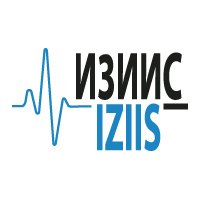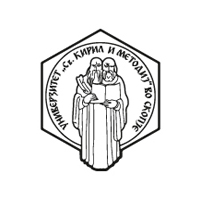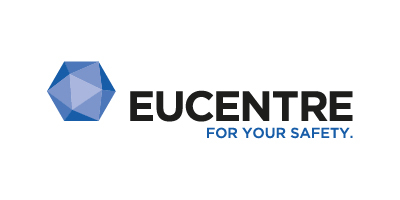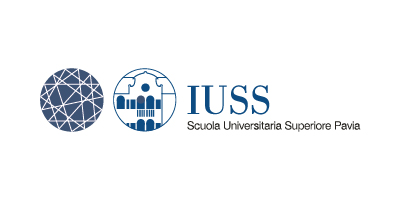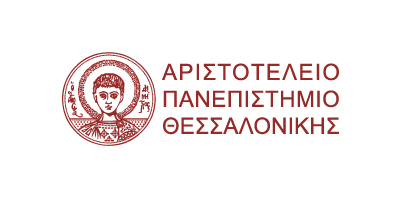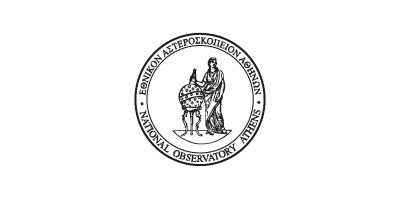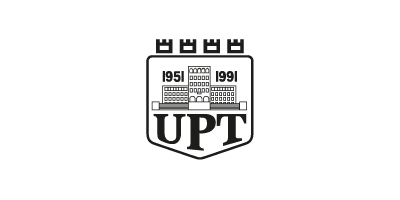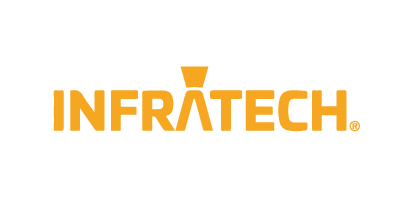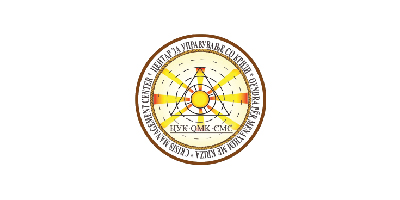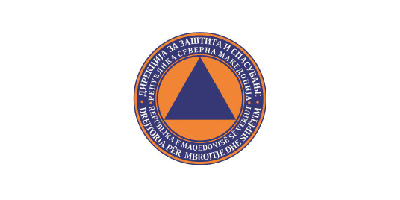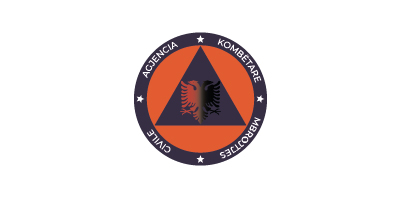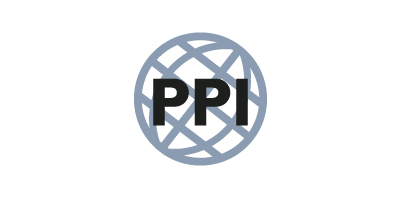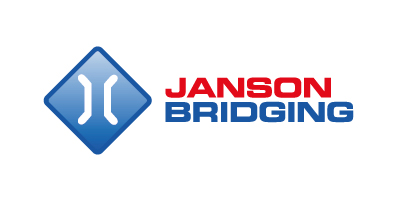EMERGE (the Rapid Multi-Risk Needs Evaluation and Planning Platform) is a project funded by the European Union under grant agreement number: 101193586 – EMERGE – UCPM-2024-KAPP. Coordinated by the Institute of Earthquake Engineering and Seismology (IZIIS) in Skopje, North Macedonia, the project started in February 2025 and will run for two years.
Building upon the work of CRISIS (Comprehensive RISk assessment of basic services and transport InfraStructure), a two-year project also coordinated by IZIIS and funded by the European Union (grant agreement: 101004830 – CRISIS – UCPM-2020-PP-AG), the EMERGE project commenced in February 2025.
As with CRISIS, the EMERGE project aims to strengthen disaster and emergency management capacity in the border area between North Macedonia, Albania, and Greece (see the image below). This area comprises 18 municipalities in North Macedonia, 11 districts in Albania, and 12 municipalities in Greece. It was chosen as the project target area because it is particularly susceptible to potentially disastrous natural events, especially earthquakes and landslides.
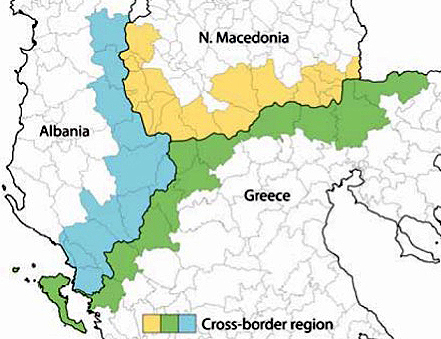
The project’s main product will be the EMERGE platform, which is being developed by Eucentre. This will be an evolution of the platform developed by Eucentre within the CRISIS project. Specifically, one of the main functionalities to be integrated into the tool will be the ability to perform seismic and landslide risk assessments in near real time. This feature will further improve crisis and emergency management and planning in the project area by providing timely information on the correct allocation of resources and prioritisation of interventions in the event of major seismic and landslide events.
Outside of emergency management, the EMERGE platform will support decision-making bodies in the target area. These bodies will be able to use the platform to identify the elements most at risk and thus define intervention priorities, reducing the risk to which they are exposed by addressing vulnerability, in line with available economic resources.
Benchè di carattere regionale, EMERGE assume anche una dimensione europea/transnazionale grazie alla collaborazione con partner italiani, olandesi e tedeschi. Questi ultimi, insieme alle istituzioni provenienti da Macedonia del Nord, Albania e Grecia coinvolte nel progetto (principali beneficiari del progetto), sono esperti nelle tematiche affrontate in EMERGE e ne costituiscono il consorzio.
Follow the Project
Follow the official channels to keep up to date with developments in the EMERGE project:
• Linkedin
• Facebook
• Pagina del progetto sul portale europeo
The Project Consortium
The EMERGE consortium comprises academic institutions, research centres, and civil protection agencies from:
- North Macedonia: IZIIS (project coordinator), CMC, PRD
- Albania: UPT, AKMC, INFRATECH
- Greece: AUTH, NOA
- Italy: EUCENTRE, IUSS
- Germany: PPI
- The Netherlands: JBI
 Eucentre is a non-profit private law foundation whose mission is to conduct research and provide training and services in earthquake and safety engineering
Eucentre is a non-profit private law foundation whose mission is to conduct research and provide training and services in earthquake and safety engineering  Eucentre promotes science, research and innovation for the benefit of the community, offering targeted methodologies and concrete solutions for prevention, safety and resilience. It collaborates with institutions and companies to disseminate competencies for the common good.
Eucentre promotes science, research and innovation for the benefit of the community, offering targeted methodologies and concrete solutions for prevention, safety and resilience. It collaborates with institutions and companies to disseminate competencies for the common good. Eucentre conducts earthquake engineering research and risk reduction studies via laboratory testing and numerical analysis to enhance seismic performance and develop innovative solutions
Eucentre conducts earthquake engineering research and risk reduction studies via laboratory testing and numerical analysis to enhance seismic performance and develop innovative solutions  Eucentre carries out research activities in earthquake engineering and risk reduction through laboratory testing and numerical analysis, aiming to improve the seismic performance of structures and soils and to develop innovative seismic retrofitting techniques.
Eucentre carries out research activities in earthquake engineering and risk reduction through laboratory testing and numerical analysis, aiming to improve the seismic performance of structures and soils and to develop innovative seismic retrofitting techniques. The Foundation promotes diverse and high-quality training activities aimed at academic and professional contexts, with constantly updated and innovative programs and initiatives designed to meet the evolving needs of the sector and society
The Foundation promotes diverse and high-quality training activities aimed at academic and professional contexts, with constantly updated and innovative programs and initiatives designed to meet the evolving needs of the sector and society  Eucentre ensures communication aimed at informing institutions, professionals, and citizens about ongoing activities and projects, with the goal of disseminating useful and accessible content and knowledge. It contributes to promoting a shared and informed culture of prevention and resilience.
Eucentre ensures communication aimed at informing institutions, professionals, and citizens about ongoing activities and projects, with the goal of disseminating useful and accessible content and knowledge. It contributes to promoting a shared and informed culture of prevention and resilience.

